On August 9, 2017, my dear friend, Eva Cellini passed away. My heart is broken.

Eva in her studio 2001, photo credit: Gabriella Fabian
Eva and I are friends for almost 30 years (I use the present tense because love cannot die). We would speak of the word friend as sacred, that too many threw the word around without meaning. And indeed it has a deep, spiritual meaning for both of us. It is love for another’s soul. I have that for Eva and will miss our talks desperately.

Swan by Eva Cellini, oil on board
We met in New York in 1991 when her husband Joseph was showing his artwork at my father’s gallery. She was in her early 60s and me in my early 30s. Almost my age now, what a circle. She sent photos of her paintings to my gallery in Aspen. I liked them, but hesitated to show them, not sure they were a fit. Ingrid (my soon to be wife) saw the photos and fell in love instantly, insisting we show her work. She called Eva that day and made it happen. This began a long and amazing relationship for the three of us – Ingrid, Eva and me. There was an instant connection, like people meeting again after many years apart. Between Ingrid and me, I think we have spoken almost every week to Eva since then. About art, science, literature, spirituality, the universe, the infinite and the finite. Eva was insatiably curious, almost like a child about everything. Our talks would continue for hours.
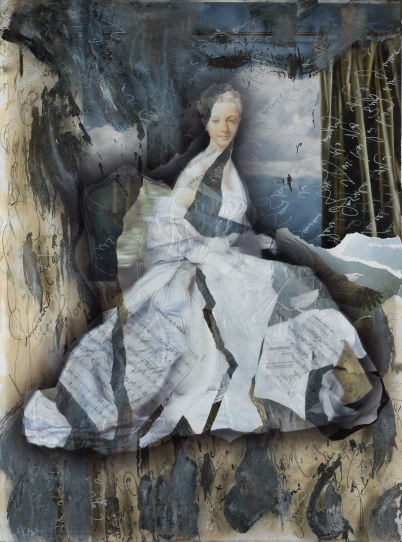
Homage to Eva, by Ingrid Dee Magidson, 2007
Ingrid, now my wife, became instant friends with Eva, like sisters, though Eva was decades older. When Ingrid began to explore her artistic nature, Eva inspired her, and there is much in Ingrid’s work that comes from Eva’s influence and support. It makes me marvel at the nature of the universe, placing the right person in our path at the right time. I believe Ingrid inspired Eva late in her artistic career as well, to reach into new and unknown territory. They fed each other like only artists can do.

Eva in her studio, ca. 1993
Eva was born in Hungary in 1925. Her mother was a dancer and never married her father a writer. Eva loved her mother dearly but would say how ill prepared she was to have a child. So Eva was mostly raised by her stern, humorless grandparents who tried to stifle her artistic bent. In 1939 World War II came to Hungary with all the violence and tragedy it could muster. She told me of one horrific experience that seared itself onto my heart. One day walking to school, she saw the dead body of her best friend lying on the street. She was not allowed to stop, or even linger over her fallen friend, a fleeting glance was all she was allowed to say goodbye.

Eva in her studio ca. 2000
Eva’s birth father was Jewish, a death sentence in those days. When he was arrested by the Nazi occupiers, it was only by her mother’s fierce loyalty and bravery that she was able to free him. Towards the end of the war, things became so dangerous for anyone with a drop of Jewish blood that the teenage Eva was hidden by friends in their apartment. One day one side of their building was destroyed by a bomb. They continued to live in the shattered apartment. They survived somehow, as did her parents.

My daughter, Isabella in Eva’s Studio, ca. 2005
Unfortunately, the cruelty did not end after the war. The Soviet occupation of Hungary brought new and different horrors. Eva began working in an art factory, a propaganda arm of the government where posters and fliers were created. Images of rising officials would one day be plastered on every wall, only to disappear the next, never allowed to be spoken of again. Her coworkers would sometimes disappear and no one was allowed to speak of them or even acknowledge that they had ever existed.
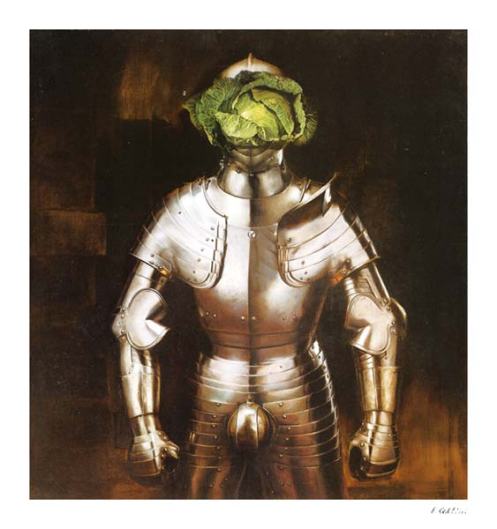
Knight of the Cabbage by Eva Cellini, How she felt arriving in NYC without speaking English.
Eva met her beloved Joseph at this art factory, an extraordinary talent. He was trained to paint like the old masters and was sought out for his skill. The two became lovers and created a secure life. That all changed in 1956. The revolution was triggered with the death of a child by authorities at a soccer match. The tensions had been boiling for years and this small event erupted into a spontaneous uprising throughout the country. The Soviet occupation moved tanks and soldiers into Budapest to quell the rebellion. Thousands fled their homeland, Eva and Joseph among them.

Drawing of Nude by Joseph Cellini
With the clothes on their back, a few friends and infinite courage, they made their way through Austria, Italy and ultimately to New York City. Eva spoke no English at the time, Joseph only a little. She once described her experience to me upon arriving in New York.

Monkey in Armor by Eva Cellini
“Everyone was so beautifully dressed and they looked so open, ready to speak to each other about anything. The many beautiful stores had everything imaginable for sale and everyone was so well fed. Their eyes shined with ideas and excitement and there was an optimism that was contagious, that anything was possible. I didn’t believe it was authentic at first, where were the police, the soldiers that would take everything away. I was so guarded for so long, I didn’t know how to accept this new freedom.”

Bug by Eva Cellini, oil on board
But accept it she did. Eva, through all her horrible experiences had an undying optimism that permeated her being to the last. She believed in people, always surprised and saddened when they disappointed her.

The Red Leaf by Eva Cellini, based on an O’Henry story
Eva and Joseph thrived in New York City. It was the golden age of illustration, a time when artists like Norman Rockwell and others would be paid thousands for their cover art. They made enough to move out of the city and buy a home on a hill in Leonia, New Jersey, an artist enclave just on the other side of the George Washington Bridge. Eva and Joseph transformed the attic of their home into a beautiful studio, windows and skylights bringing in the precious light. They worked side by side until Joseph’s death in the mid-1990s.

The Empty Chair by Eva Cellini, an homage to Joseph and the first painting Eva finished after his death
It was Joseph who encouraged Eva to turn to fine art in the 1980s, to break free of the deadlines, commissions and rules of illustration, to paint what she loved for herself. Again Eva thrived, garnering a one-person show at the prestigious Auberbach art gallery on Madison Avenue. She loved surrealism and that is what she painted for 40 years. Work that has found its way to collections across the world, including Saudi Arabian princesses, the Woman’s Museum in Washington and my humble home.

Eva resting after we installed her last show in my Aspen Gallery in 2008
Eva never took down Joseph’s easel in their studio, nor did she move his bed that remained opposite hers for 60 years. Eva dreamed of one day meeting Joseph again and now she has. I will miss our talks, but I only have to look into my own heart to feel her again. I can hear her voice at the end of a three hour conversation.“Sleep well my dear friend.”

Requiem by Eva Cellini. Eva loved the drama of clouds and gray was her favorite color

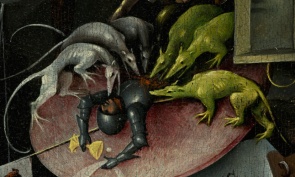












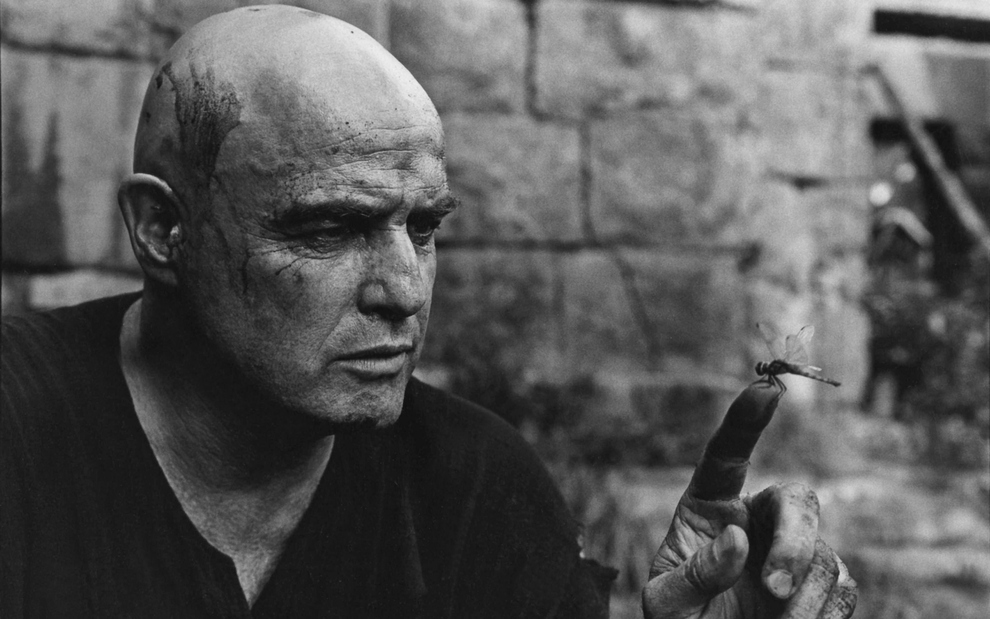
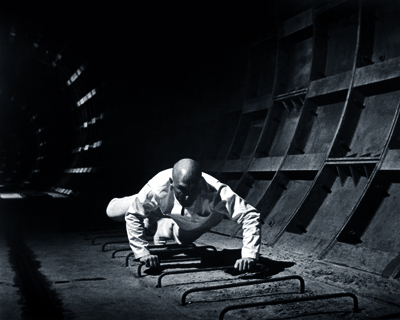

















 Available at Amazon.com: print and Kindle
Available at Amazon.com: print and Kindle